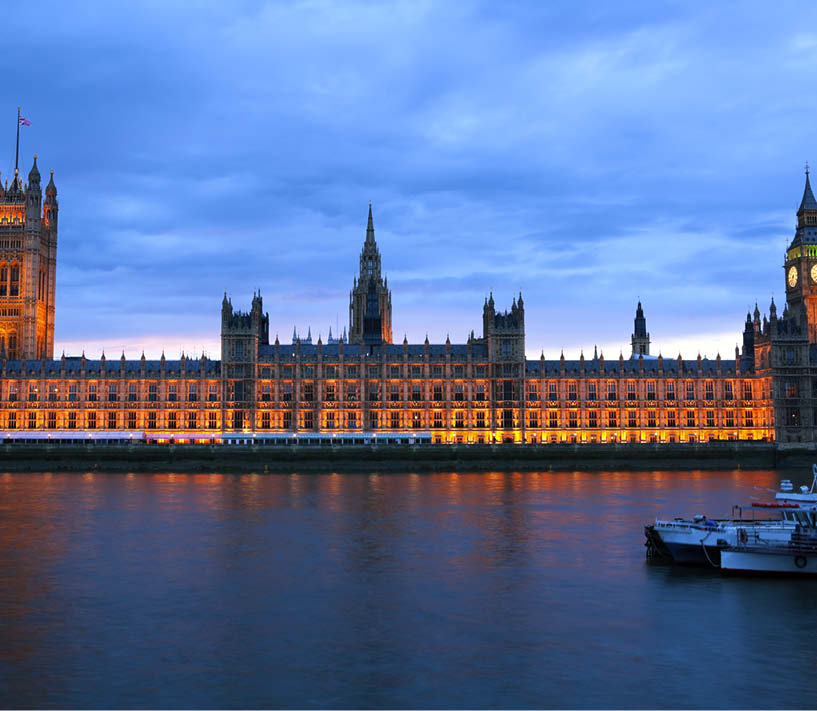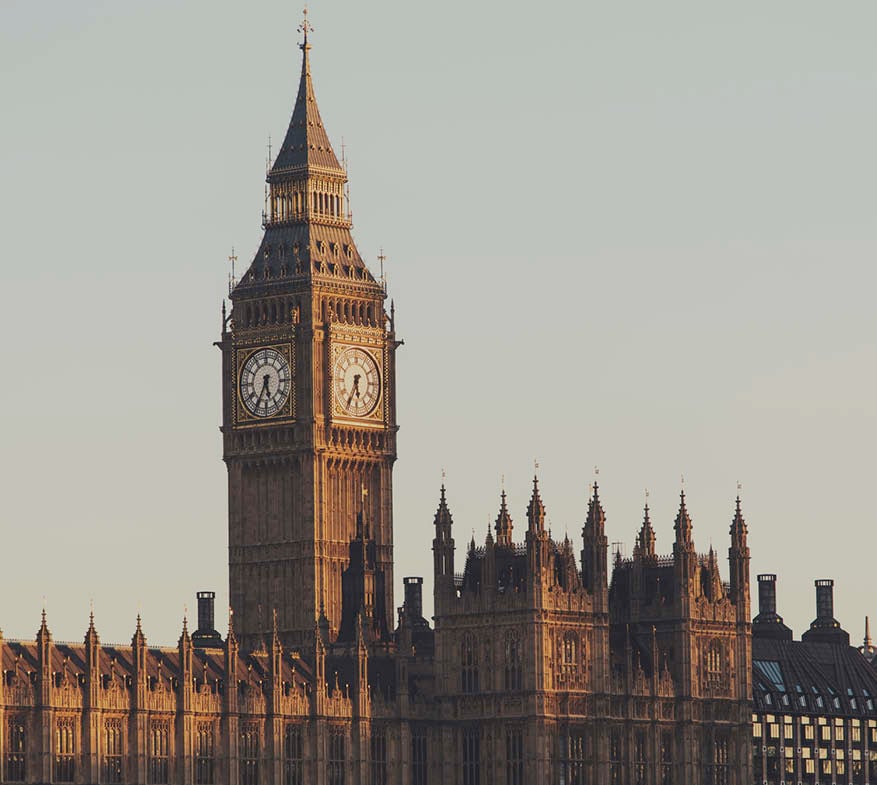It was referred to as a "Budget for boffins" and one that reflects how the experts have taken back control. Indeed, this Budget is full of detail and was subject to a full 10-week assessment by the independent Office for Budget Responsibility (OBR) to assess the implications of all the tax and spend measures.
- In the time before the Budget, we were well briefed about a £22 billion fiscal “black hole” and the need for difficult choices to be made to put public finances on a more stable footing. This rhetoric has served to lower optimism among businesses and consumers, with confidence indicators falling to their lowest levels this year.
- The Budget had a difficult dual purpose: to put public finances on a more stable footing and create the conditions for investment in infrastructure and public services. The result was a big and consequential set of announcements that will deliver £40 billion in tax increases and changes to the UK’s debt rules to facilitate more borrowing for investment within these adapted fiscal rules. Not only has £40 billion in additional taxation been announced, but government borrowing is expected to reach £127 billion this year, considerably higher than previously expected.
- Economic growth is crucial to the Government’s ambitions, so there will be relief that the measures taken in Labour’s first budget in 14 years have been assessed by the OBR to boost growth in GDP. Real GDP growth is forecast to pick up from close to zero last year to 1.1% this year, 2% in 2025, and 1.8% in 2026, before falling back to around 1.5% thereafter.
- Labour’s big hope that the renewed rigour applied to this Budget, and the measures taken to ‘fix the foundations and deliver on a promise of change’, looks like it could produce a different economic outcome compared to what we have experienced of late.
With the Budget now delivered, the main question is, ‘what does it mean for me?’ Grant Thornton’s analysis unpicks all the detail to answer that question.



















